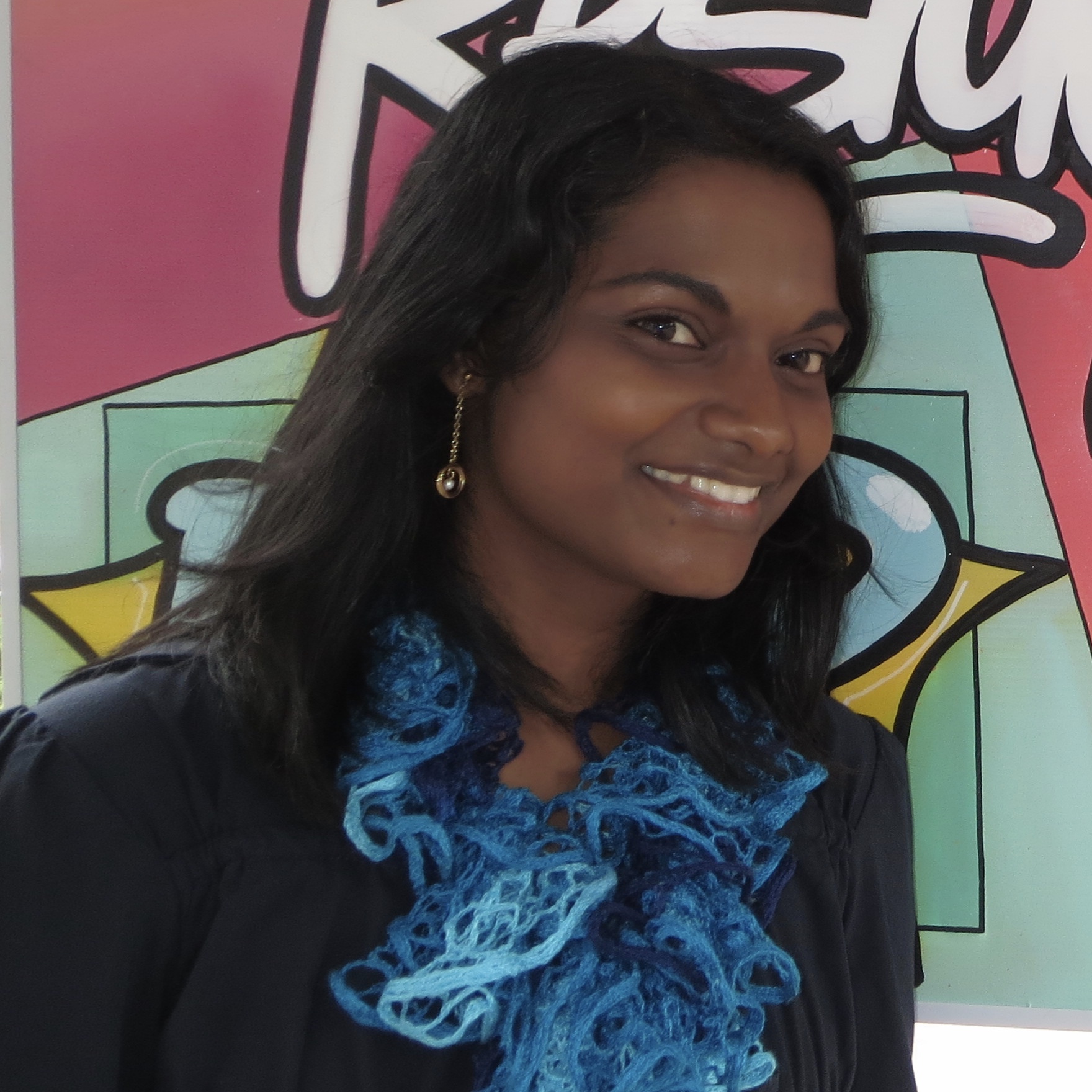I’m still shocked to this day when anyone compliments me on how I look because I’ve been brought up, programmed even, to not to like myself as I am. The colour of my skin is not something I can change.
I grew up mostly here in Australia and partly in India. There is a lot of racism within my own culture back in India. I grew up not at all thinking I was beautiful or attractive in any way. In fact, it was quite the opposite. Where I’m from, to have dark skin, to be short — pretty much what I look like — these are all negatives. You don’t have to look further than the Bollywood ideals: if you look at the heroines and the heroes, they’re all light-skinned, they’re all tall. That’s the ideal of beauty for most of the Indian culture.
Does that relate to your belonging in some way?
It does! Funnily enough. It does. I didn’t even know this was going to come out today. You brought it out of me. It’s hilarious! What did you do? What magic do you work?
I still find it surprising, having had the upbringing and the cultural background that I have, to be told that I’m beautiful or attractive. India is not where I feel I belong. Did my growing up in India contribute to a sense of belonging? In terms of language? Yes. I speak an Indian language. In terms food? Yes. I can cook Indian food and I love it. Do I look like I’m from the place where I was born, where my ancestry and DNA originate from? Yes. Superficially I fit in and belong in India the land of my birth.
But on the inside I was not accepted for who I was in the place that I was born. It’s funny. Looking back on it as an adult, I’ve never really thought about belonging until now. So I’m exploring out loud now. Although I don’t feel I belong in India, I appreciate the role it’s played in making me who I am, in my evolution as a person and my growth as an individual.
I love India for what it is and for what it represents to me. You would think that your culture would give you a sense of belonging in some way yet there are many aspects of my culture that still have not given me a sense of belonging in the way that Australian culture, or the Western culture, has.
One of those things is what you just mentioned: that you think I’m striking, beautiful. I’m still shocked to this day when anyone compliments me on how I look because I’ve been brought up, programmed even, to not to like myself as I am. The colour of my skin is not something I can change.
This is not only my story. The phenomenon continues to this day and the tragic thing is that it’s still happening in India and all over the world and the impact of it is… it diminishes you. It’s quite painful to talk about it but despite my personal discomfort some things still need to be said. Things need to be voiced and people need to hear these stories.
I didn’t expect this to come out of me today! I came to Australia 26 years ago, and from a young age, I couldn’t escape the sharp, unavoidable contrast between the response of my own cultural circle and the Australian culture towards me.
When I was younger I used to go to church and I’d wear something nice and a lovely grandma-like lady would say Oh you look beautiful. Because that kind of warmth and acceptance of just who I was, as I was, had never come from my own culture, and surprisingly came from outside my culture, it made me question, where do I really belong?
Do you see yourself as beautiful now?
It’s a work in progress. I wouldn’t say I’m there yet if I’m completely honest because the scars of what that does to a child are quite deep and intense and it is quite emotional to talk about it. Somewhere inside of me, that little girl is still there, so even as an adult it is hard for me to talk about and express those feelings. But I’m making myself do it because I think every voice needs to be heard, despite any fear. Despite the nature of the story. Despite any pain attached to the story. It’s important to get lessons out of it.
In terms of belonging and connection, I find belonging not so much in a place but in the warmth, kindness, acceptance and love that comes from people all around the world, whenever it comes, however it comes. That’s when I feel most connected because that love is, what unites us all.
I found a sense of belonging in the love that came from both my Indian and Australian grandmas.
When I was really little, in India, one of my grandma’s must have seen the racism coming from others towards me. She must have noticed something not quite right. I think this is my only memory of her. It was towards the end of her life, she took me aside, put her arms around me and said something along the lines of Even though I’m black, even though I have darker skin, I’m still beautiful.
And she asked me to repeat that out loud to her: Even though I’m dark-skinned I’m still beautiful.
The Pop-Up Story Catcher: This story was caught at Brisbane’s State Library Queensland Big Day of Belonging 18 June 2016. You can also read it on the SLQ Blog.

